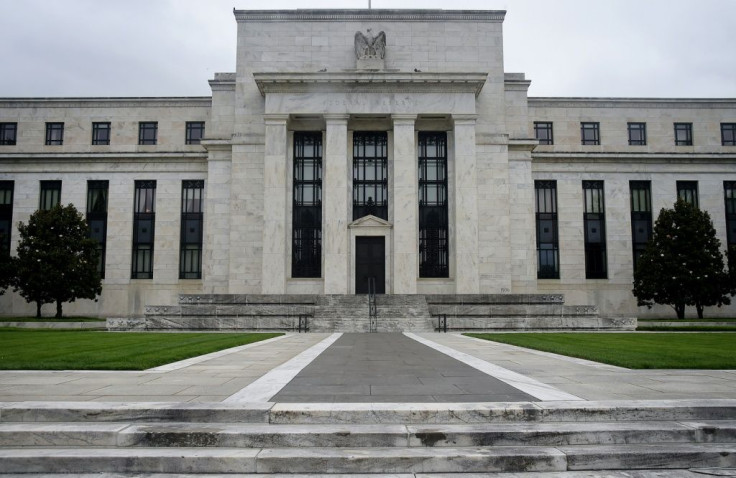US Fed Officials Mull Curtailing Asset Purchases
Some Federal Reserve officials believe the US economy may soon be healthy enough to taper asset purchases meant to aid its rebound from the Covid-19 pandemic, one of the first signs of a shift in the central bank's easy money policies.
The revelation from the minutes of the central bank's Federal Open Market Committee (FOMC) meeting held April 27 and 28 comes amid expectations that the world's largest economy will grow strongly this year, despite fears the central bank could allow prices to rise strongly.
"A number of participants suggested that if the economy continued to make rapid progress toward the committee's goals, it might be appropriate at some point in upcoming meetings to begin discussing a plan for adjusting the pace of asset purchases," according to the meeting minutes released on Wednesday.
Analysts have been closely monitoring the US central bank for signs of when it would back off the measures deployed as the pandemic downturn began, including an emergency interest rate cut to zero and massive purchases of government bonds.
In its statement following its most-recent meeting, the FOMC made no changes to its asset purchases nor did it raise its rate, which most committee members don't expect it to do until after 2023.
But the minutes, released weeks after its conclusion, offer a behind-the-scenes look at discussions in the closed meeting, and reveal differences of opinion over how long the Fed can keep its rates at zero.
"Remember, four members in the March forecast round expect to raise rates in 2022, up from zero in December; for that to (happen), tapering can't be delayed much into next year, and the Fed is committed to signaling a shift to markets well in advance," Rubeela Farooqi of High Frequency Economics said.

The FOMC is currently making monthly asset purchases of at least $80 billion in Treasury securities and $40 billion in mortgage-backed securities, measures that pump liquidity into the financial system to help the ailing economy.
The Fed last year unveiled a new policy of keeping interest rates low for a long period of time to reach maximum employment among groups with high joblessness, like racial minorities and people with little education.
But prices have started climbing in recent months as Covid-19 vaccines helped the US economy bounce back from mass layoffs caused by business restrictions imposed as the pandemic began in March 2020.
Fed leaders, including Chair Jerome Powell, have said these increases are temporary consequences as activity resumes at moribund industries, and if they persist, the central bank can act to counter them.
"For me, the question is, are we prepared in case this turns out to be a more durable event, and I think the answer is yes," Fed Vice Chair for Supervision Randal Quarles told House lawmakers on Wednesday.
"But I do think that if we were to try now to stay ahead of the inflation curve, we could end up significantly constraining the recovery."
However, the minutes said, "a couple of participants commented on the risks of inflation pressures building up to unwelcome levels before they become sufficiently evident to induce a policy reaction."
Other committee members wondered if supply issues caused by the reopening -- which are blamed for the price hikes -- could be more severe than initially believed.
"A number of participants remarked that supply chain bottlenecks and input shortages may not be resolved quickly and, if so, these factors could put upward pressure on prices beyond this year," the minutes said.
© Copyright AFP {{Year}}. All rights reserved.





















